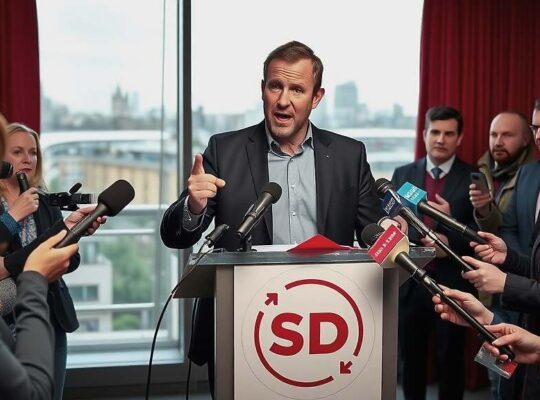The rising costs of security for Christmas market organizers are placing a significant strain on German municipalities, according to the German Association of Cities (Deutscher Städtetag). Christian Schuchardt, CEO of the association and former Mayor of Würzburg until 2025, voiced concern over the escalating financial burden in an interview with “Münchner Merkur”, highlighting a substantial increase in the resources required to ensure safety at Christmas markets and other inner-city events.
The surge in costs is directly attributable to “significantly higher demands on security concepts” according to Schuchardt. While market operators and cities acknowledge the necessity of these heightened measures, they are increasingly struggling to absorb the associated expenses. A considerable portion of these costs are linked to preventative measures designed to mitigate the risk of potential terrorist attacks.
This escalating situation prompts a critical question regarding the distribution of responsibility. Schuchardt underscored that preventative counter-terrorism is “not actually a municipal task” arguing that the financial obligation should not fall solely on local governments. The Deutscher Städtetag is now formally demanding that the federal and state governments assume responsibility for financing security measures specifically aimed at preventing terrorist incidents.
This position is bolstered by a recent ruling from the Berlin Administrative Court, which affirmed that counter-terrorism is the duty of the state. Although currently only applicable to markets within Berlin, the ruling strengthens the argument for broader national support. The escalating financial pressure raises deeper questions about the long-term sustainability of traditional German Christmas market experiences and points to a potential crisis of accountability between local, state and federal authorities in managing security risks. The issue is likely to become a key point of political contention in the coming months, with municipalities urging a re-evaluation of funding models and a clearer definition of roles in safeguarding public events.












